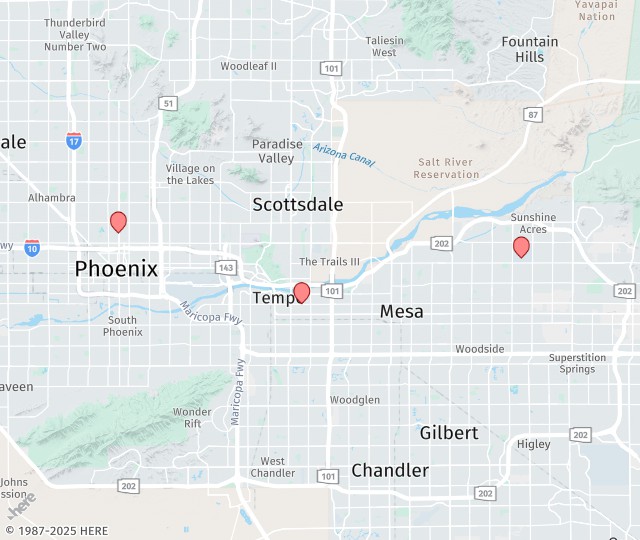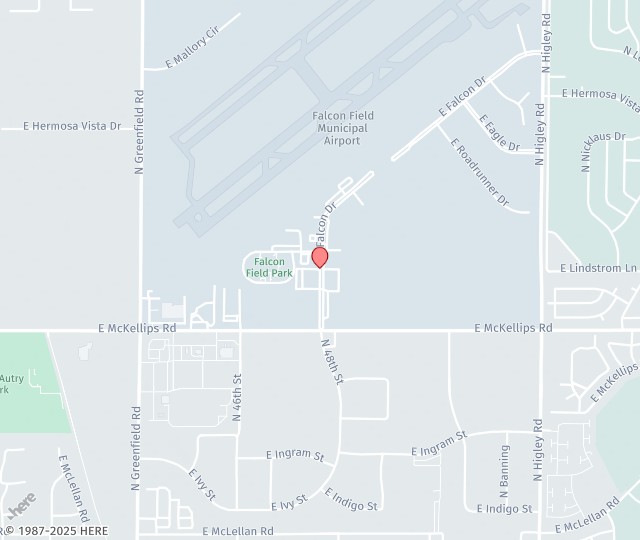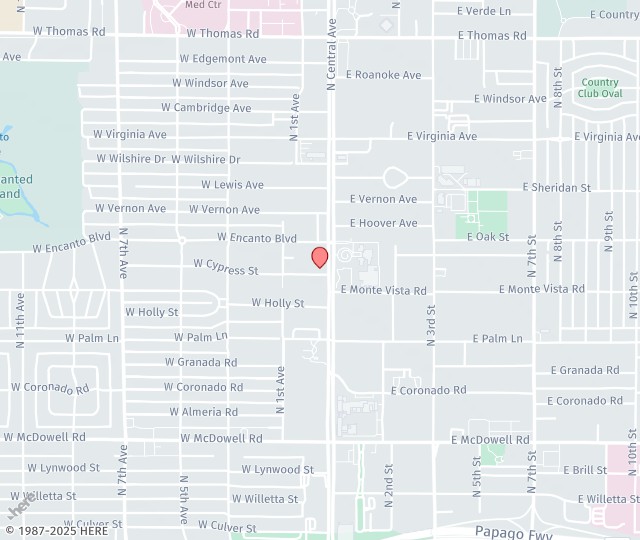Do You Need CPR Certification to Babysit? What Parents Should Know
When choosing the right babysitter, parents often focus on experience, personality, and reliability. But there’s another qualification that’s becoming increasingly important: CPR certification. While it may not always be legally required, knowing CPR can make a lifesaving difference when caring for children of any age. LBW Training Center offers community-focused CPR/AED and First Aid courses taught in […]
Do You Need CPR Certification to Babysit? What Parents Should Know Read More »


